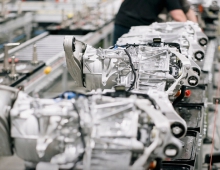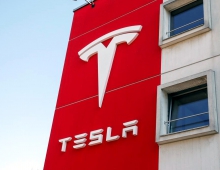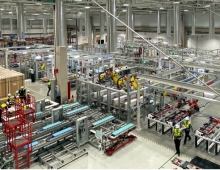
U.S. NHTSA to Examine Unintended Acceleration Reports For Tesla Cars
The National Highway Traffic Safety Administration (NHTSA) said Friday it will review a petition asking the agency to investigate 500,000 Tesla Inc vehicles over sudden unintended acceleration reports.
The petition alleges that the subject vehicles contain a defect that can cause sudden unintended acceleration, which may result in crash and injury. It covers 2012 through 2019 model year Tesla Model S, 2016 through 2019 Tesla Model X, and 2018 through 2019 Tesla Model 3 vehicles, the agency said. The petition cites “127 consumer complaints to NHTSA involving 123 unique vehicles. The reports include 110 crashes and 52 injuries,” the agency added.
On December 19, 2019, the Office of Defects Investigation (ODI) received a defect petition by email. In support of his request, the petitioner cited 127 consumer complaints to NHTSA involving 123 unique vehicles. The reports include 110 crashes and 52 injuries. ODI will evaluate the petitioner's allegations and will determine whether it will open a defect investigation.
Many of the complaints report sudden acceleration incidents when attempting to park vehicles in a garage or at a curb. Others claimed the sudden acceleration happened while in traffic or when using driver assistance systems and led to crashes.
In October, NHTSA said it was reviewing whether Tesla should have recalled 2,000 of its electric cars in May instead of issuing a software upgrade to fix a potential defect that could have resulted in battery fires in Model S and Model X vehicles from the 2012-2019 model years.
The 2,000 vehicles covered by the September petition to the NHTSA received a battery management software upgrade in May in response to a potential flaw that could trigger non-crash-related fires.
Last week, NHTSA said it was probing the Dec. 29 crash of a Tesla Model 3 that left a passenger dead after the vehicle collided with a parked fire truck in Indiana.





















